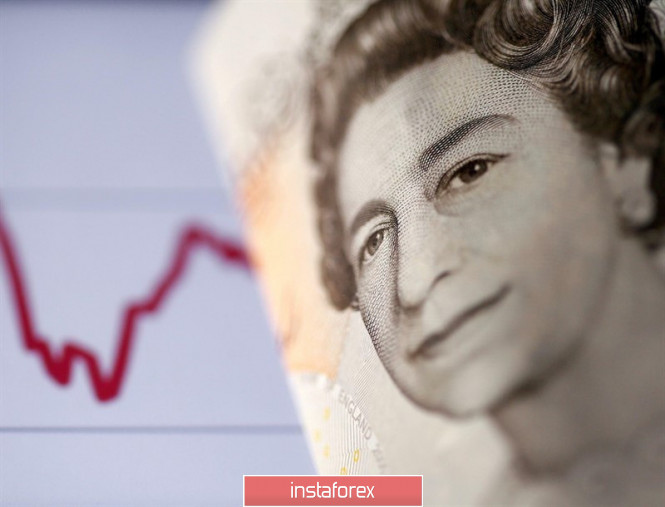
TheGBP/USD pair slipped to the lowest level since 2017 (to the level of 1.2420).
Several factors are playing against the British currency at once: this is a high probability of the implementation of a "hard" Brexit, and a moderate economic growth in the country, and the fact that the monetary policy of the Bank of England can move to a more "soft" course.
On the eve of the two candidates for prime minister, Boris Johnson and Jeremy Hunt, stated that even substantial concessions on the part of the European Union on the regulation of the Irish border may not be enough to ratify the "divorce" agreement. This heightened concerns that the new British government's stance on Brexit would be more rigid, which could lead to the breakdown of the London-Brussels talks and the withdrawal of the United Kingdom from the EU on October 31 without a deal.
According to analysts, the dynamics of the GBP/USD pair reflects the general mood of the market in relation to the pound.
In this regard, it is noteworthy that the British currency was unable to use even the positive statistics on the country's labor market today.
According to the National Statistical Office (ONS), the average salary (including premiums) increased by 3.4%, in March-May with an expected growth of 3.1%. At the same time, unemployment remained at the lowest from October-December 1974 - 3.8%.
The employment sector in the country remains one of the few that remains stable despite the constant stress caused by Brexit.
The futures market is already expecting a 50% chance of lowering interest rates by the Bank of England in 2019 due to the risk of Great Britain's chaotic exit from the EU, as the policy outweighed stronger than expected labor market data.
This month, the pound sterling hit a two-year low against the US dollar.
Analysts polled recently by Bloomberg report that the situation may worsen next month. Moreover, this is an established trend: the fall of the pound against the dollar in August has been noted over the past five years.
"In any case, we will have enough cause for concern in August, with the arrival of the new prime minister of Great Britain, as we are approaching October 31," the currency strategists of Royal Bank of Canada believe.
"Since the British Parliament has gone on summer vacation, the deadline for the UK's withdrawal from the EU is inexorably expiring," said MUFG analyst Lee Hardman.
ING Group believes that B. Johnson will become a leader who will not succeed in concluding a new agreement with Brussels. This will increase the likelihood that Great Britain will leave without a deal.
The main message of B. Johnson during the Brexit campaign was that this event would not have a negative impact on the British economy. However, the irony is that the ex-foreign minister may become the prime minister of the country just at the moment when the national economy will fully experience all the Brexit.
The material has been provided by InstaForex Company - www.instaforex.com